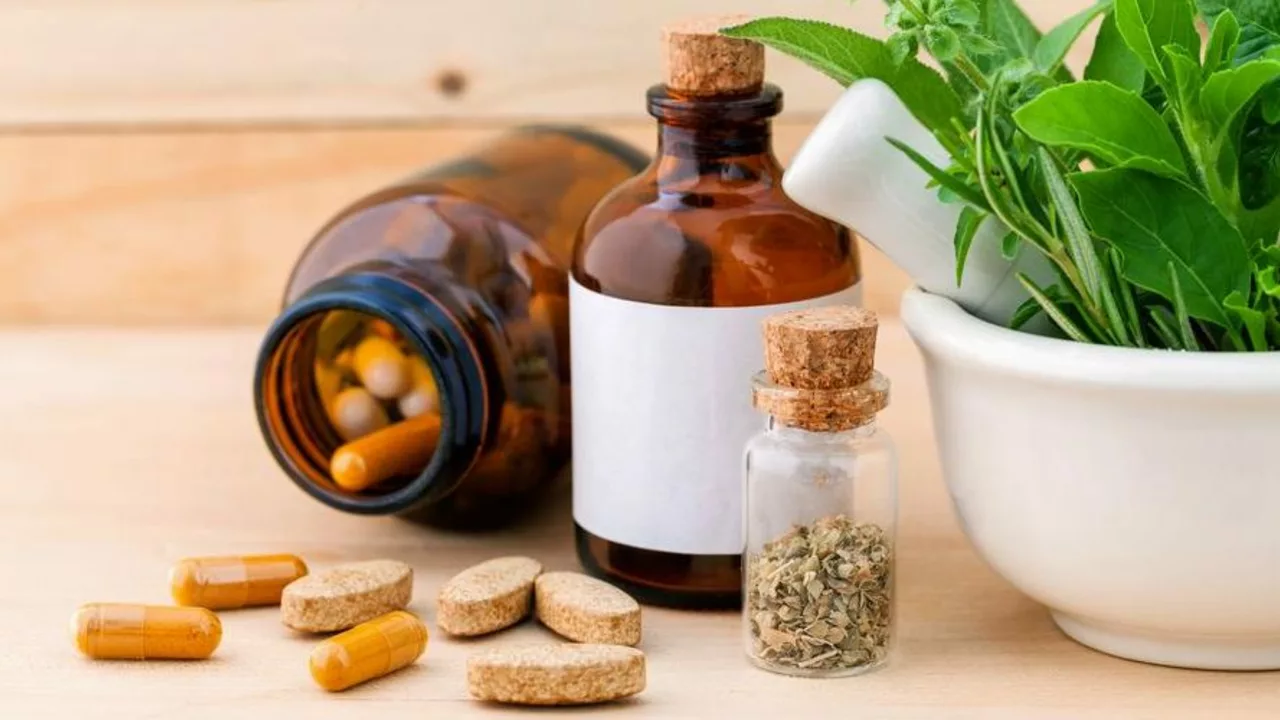Schizonepeta (Schizonepeta tenuifolia): Practical Uses and Safety Tips
Schizonepeta is a small herbal player that pops up in traditional East Asian medicine for things like colds, mild skin irritation, and seasonal sniffles. If you’re seeing it on ingredient lists or in supplement shops, this quick guide will tell you what people use it for, how it’s commonly taken, and the safety checks you should do before trying it.
How people use schizonepeta
Most folks encounter schizonepeta in three forms: dried herb (for tea or decoction), liquid extracts/tinctures, and essential oil. Dried herb or capsules are the go-to for everyday use. People steep the herb for a warming tea or take standardized extracts for cleaner dosing. Essential oil is concentrated and usually reserved for short-term topical use—never swallow concentrated essential oil unless guided by a qualified practitioner.
Typical goals are easing early cold symptoms, calming itchy skin, or adding to complex herbal blends used in traditional formulas. It’s not a quick cure-all, but many people use it as a supportive herb during mild respiratory or skin flare-ups.
Safety, interactions, and buying tips
Safety first: ask your doctor if you’re pregnant, breastfeeding, have liver issues, or take prescription meds. Schizonepeta contains volatile oils; in high doses some of these compounds can stress the liver or irritate the skin. If you have known herb allergies or very sensitive skin, test a small topical amount first and stop if you get redness or a rash.
Watch for interactions. There’s no widespread list of dangerous drug pairings, but herbs that affect liver enzymes or blood clotting can change how drugs work. If you take anticoagulants, strong prescription medicines, or anything processed by the liver, mention schizonepeta to your clinician before starting it.
Want to buy it? Look for the Latin name (Schizonepeta tenuifolia) on the label. Prefer suppliers that provide third-party testing or Certificates of Analysis—those prove what’s actually in the product. Choose whole-herb extracts or standardized tinctures from reputable brands. Avoid cheap, unlabeled mixes or products with vague sourcing. If you plan to use essential oil, only buy from vendors who list purity and dilution instructions.
How to start: follow the product label or a practitioner’s advice. Begin with a low dose, monitor how you feel for several days, and stop if you notice stomach upset, dizziness, skin irritation, or unexpected symptoms. Keep a note of any other supplements or meds you’re taking so your healthcare provider can advise properly.
Got questions or a specific health concern? Talk with a clinician who understands both modern medicine and herbal options. Schizonepeta can be useful, but safe use comes from good information, careful sourcing, and common-sense precautions.

Schizonepeta: The Natural Dietary Supplement You Need to Boost Your Health
Well, folks, prepare to be bamboozled by the power of Schizonepeta! This little-known natural dietary supplement is here to kick your health up a notch. Not only is it packed with a bunch of good-for-you nutrients, but it's also been used in traditional medicine for centuries. So, it's kind of like a health-boosting secret weapon that's been hidden in plain sight. Take that, common cold and skin troubles! Time to get on the Schizonepeta bandwagon for a healthier you. It's like a party for your health and everyone's invited!
Read More